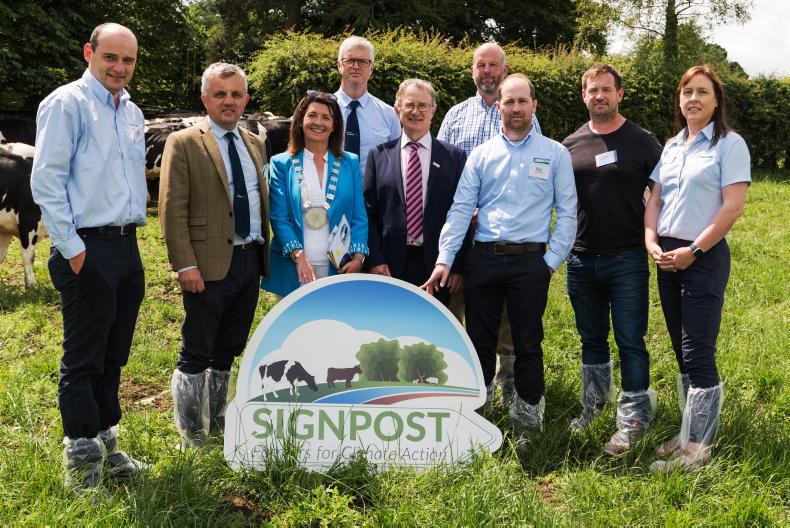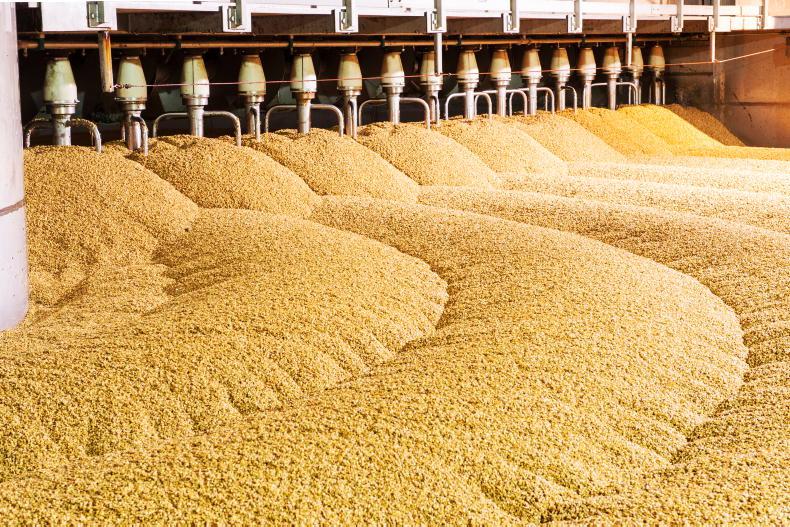Greenhouse gas emissions from beef and sheep farms in NI were almost halved when the carbon captured by soils was included in calculations, a new project has found.
The results come from the Beacon Farm Network programme, where 34 beef farms and 17 sheep farms across NI were carbon benchmarked.
On average, soil carbon sequestration cut overall emission by 43.8% on beef farms and 47.7% on sheep farms. Interestingly, carbon captured through trees reduced total emissions by only 4.1% and 6.1% on beef and sheep farms respectively.
The results also provide a breakdown of where greenhouse gas emissions come from on typical NI drystock farms.
On beef farms, 45% of emissions were attributed to enteric fermentation, which is the natural digestive process in ruminants that produces methane.
After that, 19% of beef emissions was down to manure management, 21% was caused by fertiliser and 8% was purchased feed.
A similar breakdown was seen on sheep farms, where 56% was enteric fermentation, 19% was manure management, 15% was fertiliser and 6% was purchased feed.
On both beef and sheep farms, fuel accounts for only 3% of emissions.
Overall, beef produced on the Beacon farms was found to have a carbon footprint of 34.8kg carbon dioxide equivalent (CO2e) per kilo of product, which reduces to 15.7kg when carbon sequestration is considered.
On sheep farms, emissions equate to 34.2kg CO2e per kg of product and this drops to 18.9kg when carbon sequestration data is included.










SHARING OPTIONS